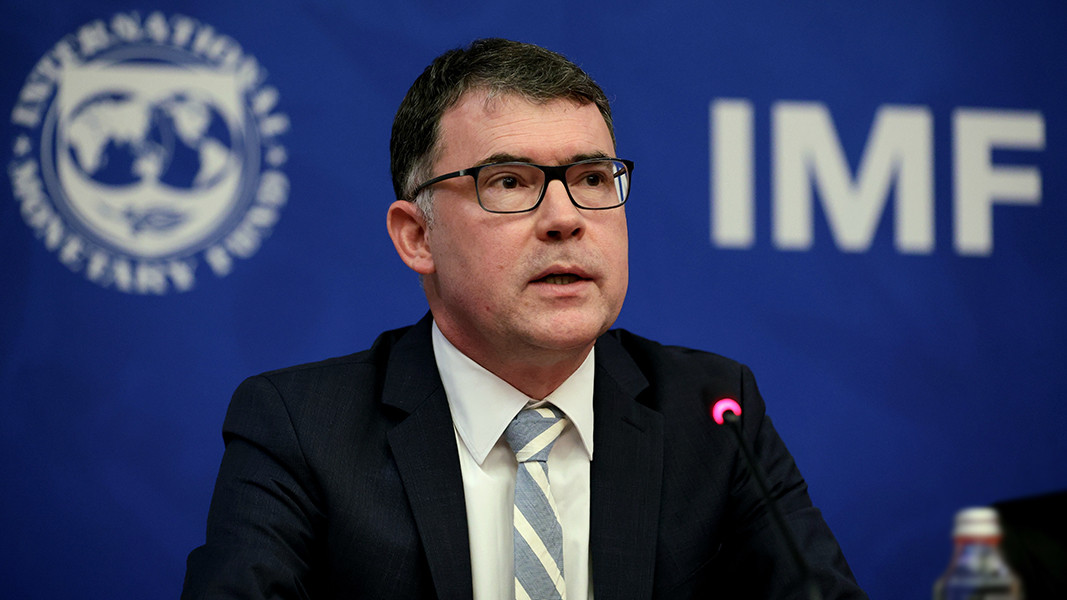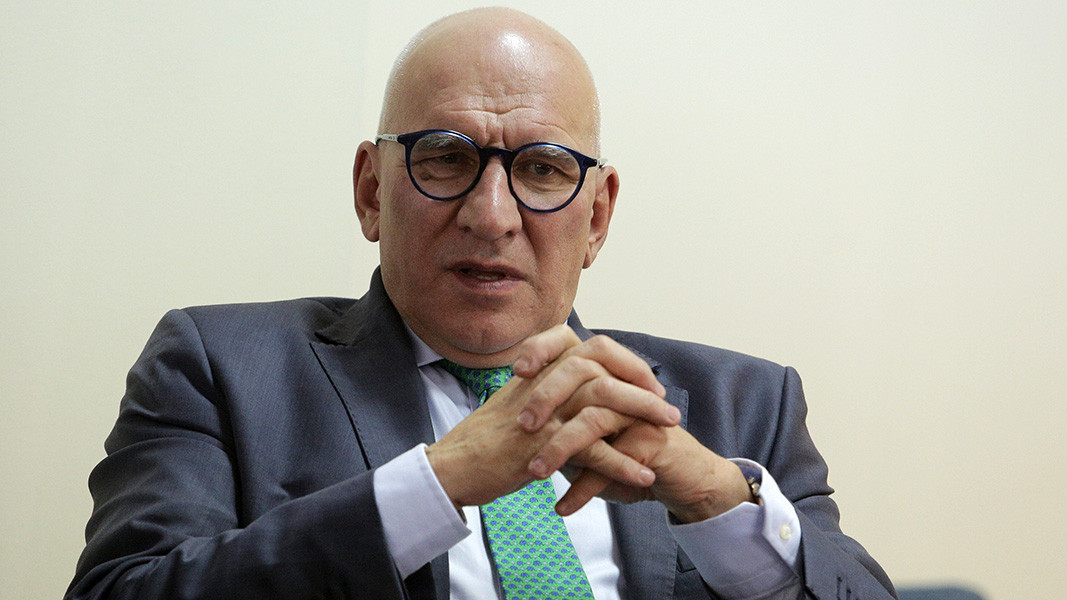At the end of September, with a little over three months to go until the Rubicon in Bulgarian public finance - 1 January, 2026, when the country will officially leave the currency board and adopt the single European currency, the euro – issues like the growing budget deficit, whether the budget is executable at all and possible tax reforms in view of the country’s first state budget in euro have come to be at the centre of heated debate.
And while according to official statistics, until the beginning of June when the European Central Bank and European Commission extraordinary convergence reports were issued the budget numbers looked rather optimistic, it soon started looking like the figures are not adding up, and the deficit will, experts say, most likely exceed the 3% threshold. The main reasons cited are the excess public costs on the one hand, and on the other the revenues which, though they are going up, cannot compensate for the soaring spending.
Even though the Ministry of Finance officially continues to uphold the position that budget 2025 is workable, the International Monetary Fund (IMF) obviously does not agree – this week IMF representatives recommended scrapping the 10% flat tax currently in place in the country and its replacement by progressive taxation that will mean people with higher incomes will pay more, raising pension insurance contributions, doing away with the maximum insurable income and cutting down wage costs in the public sector. Policies which the government has consistently been denying having ever considered.
But taking a look at the numbers the question arises: is raising the tax burden the only way to resolve the problem that has arisen?
“The International Monetary Fund deals in crisis-management. We too have had a programme having signed an agreement with the IMF, and for a certain period of time after 1997 we were obligated to carry out the IMF’s instructions,” says financier and banker Levon Hampartzoumian in an interview with Radio Bulgaria. “The Bulgarian government is a shareholder in the IMF, hence the IMF plays the role of assisting us with reviews of the Bulgarian economy and risk identification. That’s not to say these are some kind of orders that we have to comply with, they are aspects which they regard as risks.” 
Though useful as recommendations the tendencies in question should be seen in the respective context.
“Each one of these recommendations, taken out of context, can be useful or it can do harm,” Levon Hampartzoumian explains. “For example, if we raise taxes and pour them into an unreformed, low-efficiency system of government officials, inefficient institutions etc. the result would not be a good one.”
Ultimately, Levon Hampartzoumian says, the solution lies – as the IMF has been suggesting – in structural reforms, not in raising taxes.
“An automatic increase in public spending following various formulas also ties the hands of the current, but also of future governments, while we have no way of knowing how the economic processes in the world are going to unfold. What we should be talking about more is the efficiency of public money,” Levon Hampartzoumian says.
Increasing the tax burden is a recommendation that is “in the wrong direction entirely”, says Georgi Vuldzhev, economist at the Expert Club for Economics and Politics:
“A change in the system of taxation as such would not resolve the current fiscal problems. And with such a radical change there is even a risk of making these problems worse. In recent years the problems with the deficit have come entirely from the spending not the revenue part of the budget,” says Georgi Vuldzhev. 
Tax revenues have been soaring – having gone up by 15% for this year, and, overall, have increased at the fastest rate during the last few fiscal years, Georgi Vuldzhev explains. And still the numbers are not adding up – precisely because the increase in spending in the public sphere has outpaced the revenues, spending that is not for investment but which aims to push up salaries in certain spheres dramatically. Georgi Vuldzhev does not support the IMF’s suggestion that the maximum insurable income should be scrapped - this, he says, entails a risk of boosting the shadow economy.
Ultimately, both Georgi Vuldzhev and Levon Hampartzoumian – economists whose views on different issues vary significantly, and most of all on the question of the adoption of the euro – agree that improving public spending efficiency rather than raising taxes is the answer to the emerging budget crisis.
Translated and posted by Milena Daynova
Photos: BNT, BTA, Ivan Ruslanov-BNR
The average price of apartments sold in Sofia in the third quarter of 2025 reached €2,310 per square metre , marking an annual increase of 25.5%, according to data from Bulgarian Properties. While new developments remain popular, limited supply and..
Natural gas prices in Bulgaria are set to fall by just over 4% in December , significantly higher than the previously forecast 1% drop, according to calculations by state-owned supplier Bulgargaz, reported BNR correspondent Yuliyana Kornazheva. This..
The Executive Board of the International Monetary Fund (IMF) has concluded the 2025 Article IV Consultation with Bulgaria. According to the IMF’s procedure for assessments and recommendations, domestic demand is driving a robust expansion of the..

+359 2 9336 661
